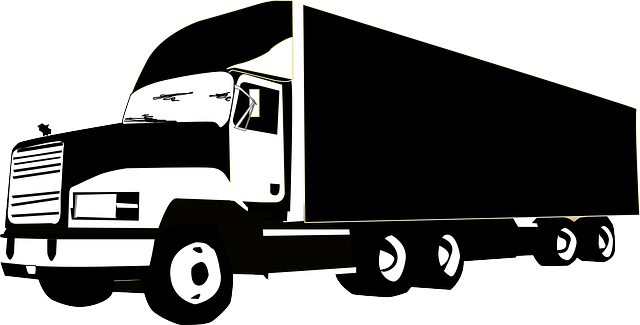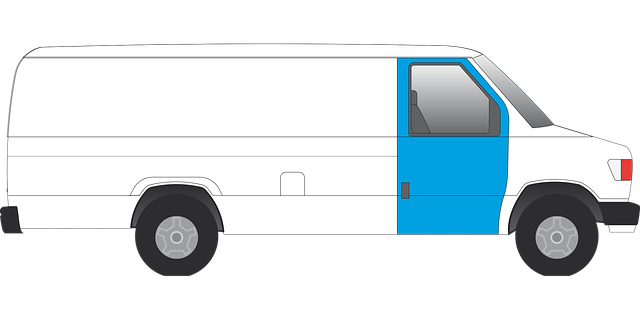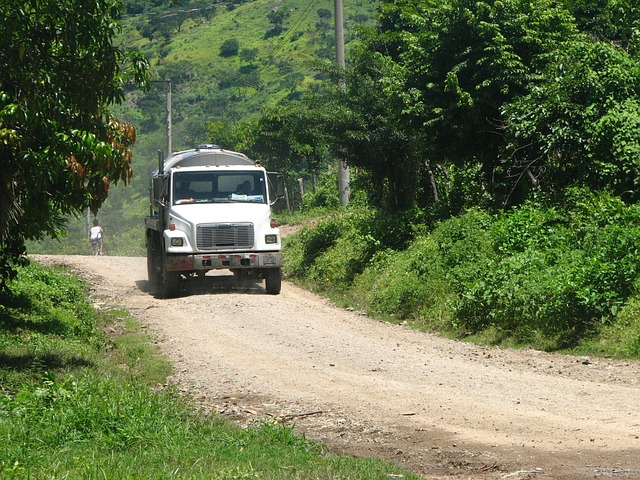Securing the right trucking business insurance is vital for budding operators to mitigate financial risks associated with accidents, legal costs, damage repairs, and revenue interruptions common in the industry. Key coverage includes liability, collision, comprehensive, cargo, and business income/extra expense protections. Tailoring insurance options based on operations, fleet size, and risk profile ensures robust protection and minimizes losses, enabling successful long-term trucking ventures.
Starting your trucking business can be an exciting yet daunting journey. Understanding the crucial role of trucking business insurance is essential for first-time operators looking to protect their investment and manage risks effectively. This article guides you through the process, highlighting why insurance is vital, exploring key coverage options, deciphering liability, and offering insights into navigating the insuring process. Ensure you’re prepared with the right protection for your trucking enterprise by understanding these essential insurance needs.
Why Trucking Business Insurance is Crucial for First-Time Operators

For first-time trucking operators, securing the right trucking business insurance is a cornerstone of successful and sustainable operation. The inherent risks and liability associated with the industry demand comprehensive coverage to protect against potential financial pitfalls. Without adequate insurance, a single accident or incident could lead to substantial legal costs, damage repairs, and loss of revenue – all of which can cripple a new trucking business before it truly gets off the ground.
Trucking business insurance provides a safety net, shielding operators from these significant financial exposures. It includes liability coverage that protects against claims arising from accidents or property damage caused during operations, as well as physical damage protection for the truck itself. Additionally, many policies offer valuable incentives like discount programs and bundling options, further enhancing affordability and overall risk management for first-time trucking entrepreneurs.
Key Types of Insurance Coverage to Consider

When it comes to starting a trucking business, having the right insurance coverage is paramount. First-time operators must understand that their vehicles and cargo are at risk on the open road, making comprehensive insurance protection indispensable. The key types of insurance coverage to consider include liability, collision, and comprehensive insurance. Liability insurance protects against claims arising from accidents or damage caused to others or their property, while collision and comprehensive cover damages to your truck due to accidents, theft, vandalism, or natural disasters.
Additionally, trucking business insurance often includes cargo coverage, which safeguards the goods being transported. This is crucial as it compensates for loss, damage, or theft of the cargo during transit. Operators should also consider insurance that covers their business income and extra expenses in case an accident or other event forces them to shut down operations temporarily. Ensuring adequate trucking business insurance is a vital step towards protecting not just assets but also the financial viability of the new venture.
Understanding Liability and How It Impacts Your trucking Business

For first-time trucking operators, understanding liability is paramount when it comes to insuring your business. Liability insurance protects against claims related to property damage or personal injury caused by your truck or its operation. This coverage is crucial as a single incident can lead to significant financial repercussions, including legal fees and compensation payments.
When you operate a trucking business, you’re often responsible for navigating unpredictable road conditions and the actions of other drivers. Liability insurance provides a safety net, ensuring that unexpected events don’t cripple your operations. It’s a fundamental aspect of trucking business insurance, offering peace of mind and financial security in an industry where risks are ever-present.
Navigating the Insuring Process as a New Trucker Operator

Starting your trucking business can be an exciting yet daunting endeavor, and one of the critical aspects to tackle is understanding the insuring process for your commercial vehicles. As a new trucker operator, navigating this landscape may seem like a complex task due to the various types of coverage options available. The key is to familiarize yourself with the essentials and work closely with insurance professionals who can guide you through the choices.
Trucking business insurance is not one-size-fits-all; it requires careful consideration of your specific operations, fleet size, and risk profile. This process involves assessing liability risks, understanding cargo coverage needs, and deciding on comprehensive or collision insurance for your vehicles. Remember, each state may have unique requirements, so ensuring compliance is vital. By taking the time to research and consult experts, first-time trucking operators can secure adequate protection, mitigate potential losses, and confidently hit the road.
For first-time trucking operators, securing the right trucking business insurance is a cornerstone of sustainable success. By understanding liability, navigating the insuring process, and considering key coverage types, new operators can protect their businesses, manage risks effectively, and enjoy peace of mind on the road ahead. Remember, a well-informed decision in insurance today can mean the difference between smooth operations and significant financial setbacks tomorrow.
